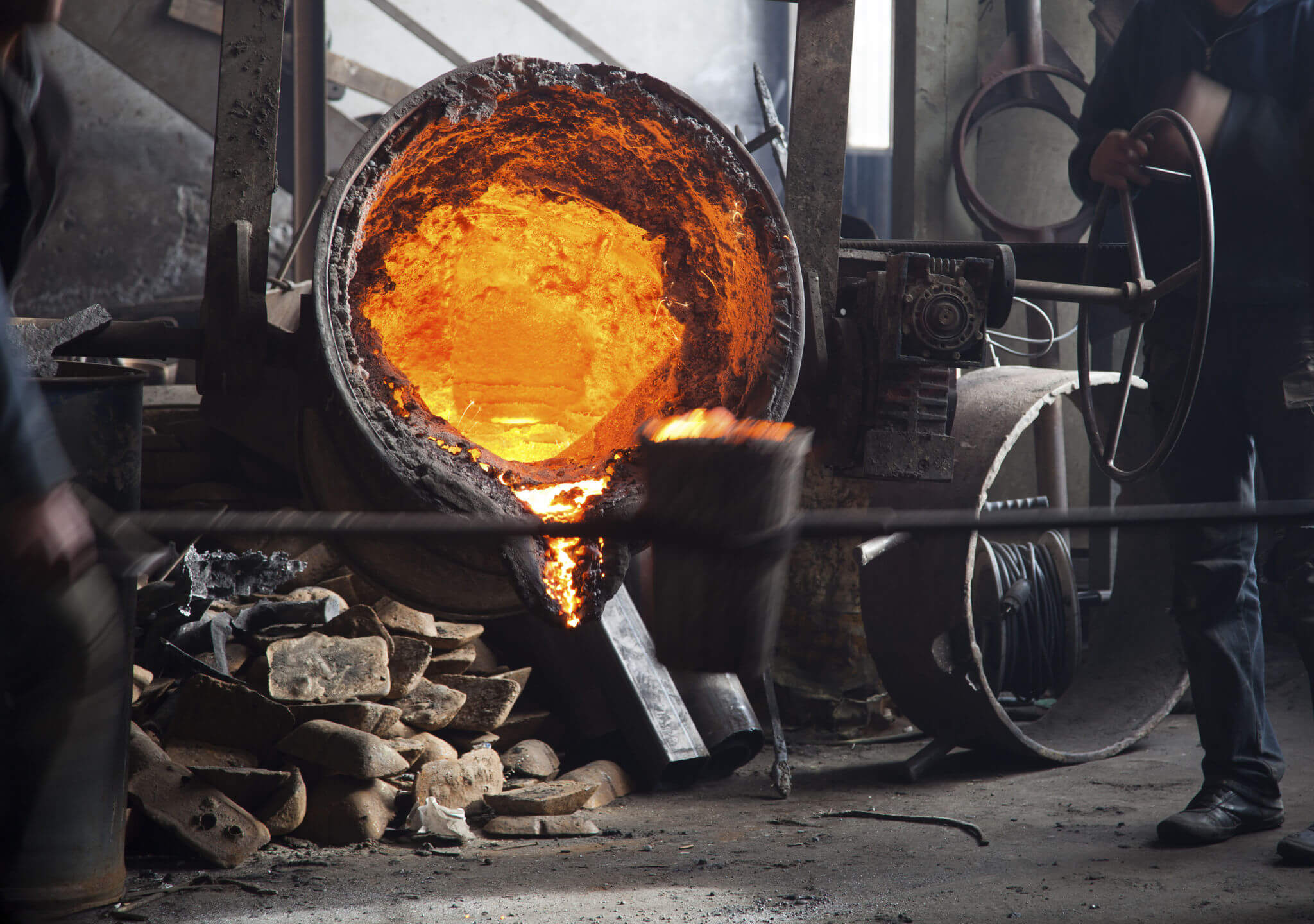Casting has evolved into a significant stage in the production process. Many industries use casting products because casting delivers even the most challenging concepts. Casting has no restrictions on the types of layouts, patterns, or structures that can be made. Casting can be performed with a range of different components. Steel castings and aluminum castings are currently the two of the most common materials.

Aluminum Casting vs. Steel Casting
Corrosion Resistance Properties
The comparison between the two alloys might go either way, depending on their functions. Aluminum is naturally corrosion resistant and can tolerate long periods outside under moist conditions. However, carbon steel can rust easily. Thus, it frequently needs to be coated or sealed to work effectively. On the other hand, stainless steel has the more excellent corrosion resistance of not only carbon steel but also aluminum.
Weight
The weight of aluminum is less than that of steel. Aluminum is an excellent choice if you want a material that is both tough and light. When compared to steel-made products, aluminum products are lighter. The strength and solidity of an aluminum casting are improved by adding more elements to it. However, it must retain its weight-friendly characteristic.
Strength
Although steel is typically more robust than aluminum, certain aluminum alloys outperform certain steel types. For weight-bearing structural elements or applications that require much strength, steel is frequently the first choice. Aluminum has the benefit of being lighter, but it must be produced with care to meet strength requirements.
Heat Resistance
Aluminum is not as heat resistant as steel because of its lower melting temperature. Aluminum begins to degrade at roughly 900 degrees Fahrenheit, whereas steel does not melt until temperatures reach over 2,500 degrees Fahrenheit. As a result, contrary to aluminum, steel may be the best alloy to use in applications that need a lot of heat.

Want to Know More About Steel Castings?
There are numerous factors to consider before selecting a casting material. If you’re unsure how to start, it’s better to get advice from a casting professional who can answer your questions immediately. Don’t hesitate to get in touch with us right away!
